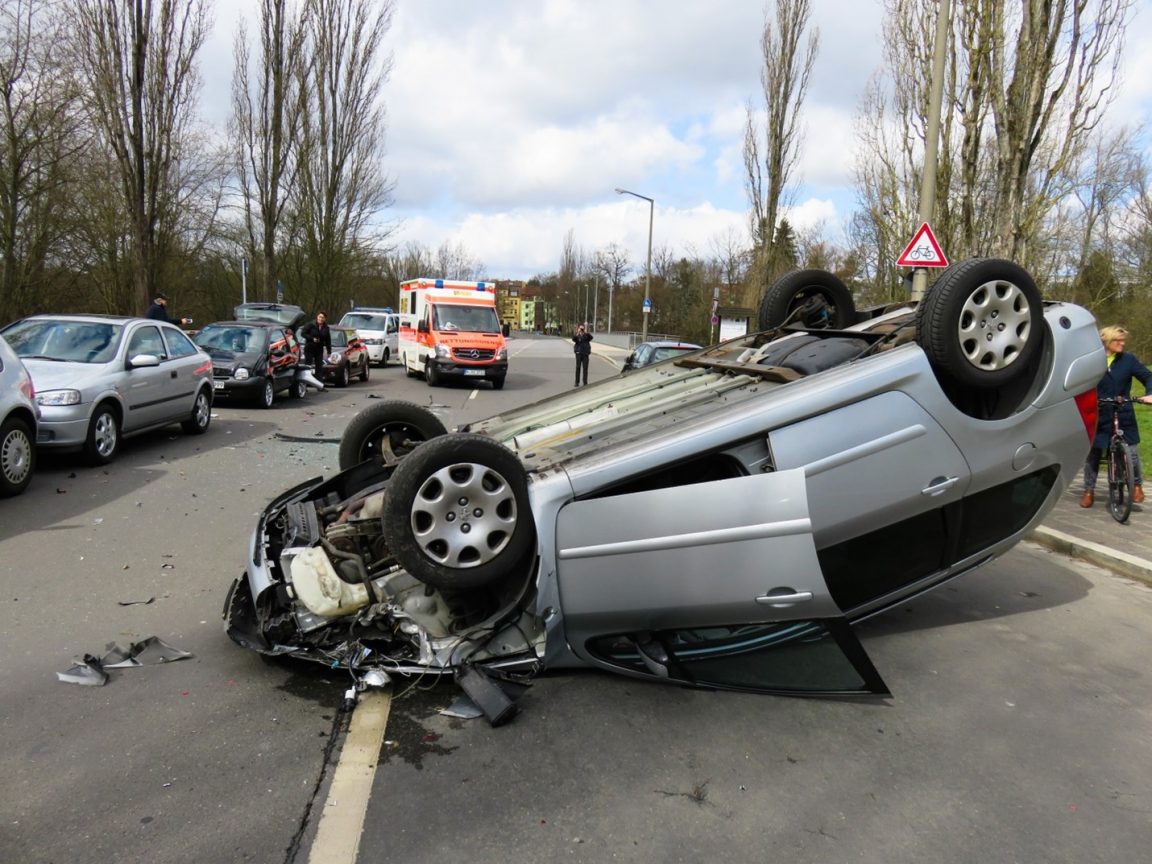Each year, there are over six million auto accidents that occur in the country. Being involved in an auto accident can be a nerve-wracking experience for almost every person. This is why it is crucial to know what you should do immediately afterward.
If you are ever in an auto accident, there are certain measures you must take to ensure that everyone remains safe and you meet all of the legal requirements as ordained by the law. The following article highlights the steps you should take after an auto accident.
1. Remain Calm
Panicking after an auto accident, even a minor one, will not do you any good. It is much easier to deal with the aftermath of an accident when you think with a clear mind and remain calm.
2. Check Yourself for Injuries
Many experts suggest that you should immediately check if you have sustained any injuries after the accident. Look for signs of injuries or internal bleeding and check other passengers, if any, inside the car to see if they are alright. Once you ensure that you have no serious wounds or injuries, check on other vehicles involved to see if anyone needs help.
However, if you have severe injuries, try not to move from your place. Call the police (if you can) or wait for help to arrive. Make sure that you get immediate medical treatment for the injuries, even if they are mild, as it will help your case. Keep all of your documents, such as medical bills, prescriptions, etc., in a secure place.
3. Move Your Vehicle
If you and others involved have not sustained any major injuries, you should clear the road by moving your vehicle out of the way, if possible, so that the road is not blocked for other vehicles. Switch on the hazard lights so that other cars can spot you from a distance. If you can’t move your car, get yourself and others to safety and move to the side.
4. Call the Police
After moving your car to safety, report the accident by calling the police and letting them know what happened. In some states, you are legally required to report the scene of the incident. The police will take a detailed account of what happened and who was involved. The information will later be forwarded to your attorney to build a legal case. Keep in mind that you are not obligated to address any serious accusations or questions coming from the police or the party involved without the presence of an attorney.
While you wait for the police to arrive, avoid small talk and don’t offer your opinions to anyone about what caused the crash. Instead, exchange vital information, such as phone number, vehicle number, the contact information of witnesses, etc., and wait for authorities to arrive.
5. Contact Your Lawyer
Once you have received medical treatment (if any), contact your lawyer soon afterward and keep them abreast with the situation. Don’t forget to show all of the documents and evidence that you have gathered regarding the accident. Your attorney will provide all of the relevant information about the necessary steps and precautions you need to take, and they will fight the legal battle to get you the best deal.
6. Check for Signs of Damage
Assess your vehicle for signs of damage and take pictures or record videos for evidence. Capture the position of the vehicles (if they have not been moved) and collect as much evidence as you possibly can. If you don’t have a phone or camera, draw a sketch on a sheet of paper while the scene of the accident is still fresh in your mind.
7. Contact the Insurance Company
After the auto accident, you will want to loop in your insurance company on the situation. Even though the cause of the accident may not have been because of your negligence, you still need to inform them that you were in a wreck. The insurance company will also provide important information to your attorney along with other details.
In case you speak with the insurance company of the other party, make sure that you only offer the basic information required and allow your attorney to handle the case. Having the cost of damage, medical payments made, and personal injury sustained covered will depend on the type of insurance you have.
Things to Avoid
Knowing what you should avoid after an auto accident is as important as knowing what you should do. After an accident, here are some of the things you should avoid:
1. Don’t Admit Fault
When exchanging vital information with the other party, don’t admit your fault or guilt over the accident, as this can be misconstrued in court and used against you.
2. Don’t Flee
No matter how severe the accident is, don’t run away from the scene. Fleeing could result in a heavy fine or criminal charges.
3. Don’t Adjust for a Settlement
If any official from your insurance company or the other driver’s firm contacts you and asks you to make a settlement for a claim, don’t act on it without speaking to your attorney first and understanding how it can affect you.
4. Don’t Place Blame
You must not place blame the other driver or accuse them of negligence after the accident. Let the police and your insurance company deal with this matter. Remember, in your fit of rage, you don’t want to have to deal with any penalties for yourself.
5. Don’t Forget to Check Premiums
Don’t forget to keep a check on your auto insurance premiums after the final claim settlement. Though it is not guaranteed, it is possible that the premium amount payable will increase. If the amount does increase, you can compare the rates with other insurance providers to get a better deal.
Conclusion
After any form of an auto collision, the best thing to do is take a deep breath and carefully assess the situation with a clear mind. How you react to the situation can make or break the case, so be wise about what you do. Don’t forget to contact an experienced and professional lawyer to help you walk through the process and get maximum compensation.

